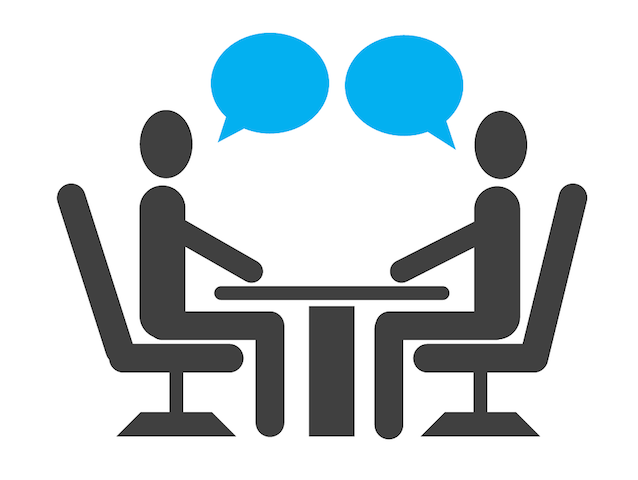We’ve all seen it happen. A clash of personalities turns toxic. A misunderstanding hardens into silence. A once-productive team becomes fractured – and before you know it, you’ve lost trust, time, and often a valuable member of staff.
But it doesn’t have to be this way.
What is workplace mediation?
Mediation is a structured but informal process where an impartial mediator helps two or more employees resolve a dispute in a confidential, constructive way. It’s not about assigning blame or deciding who’s right. It’s about helping people understand each other’s perspective and come to a practical, mutually agreed solution.
At HR Now, we offer workplace mediation because we’ve seen how powerful it can be. It’s quicker, cheaper and far less stressful than formal grievance procedures or litigation. It also sends a clear message: we value a respectful, supportive workplace – and we’ll do what it takes to protect that.
Why it matters
According to ACAS, unresolved workplace conflict costs UK employers nearly £30 billion a year. But the damage isn’t just financial. Conflict undermines morale, productivity and reputation. It eats away at psychological safety and trust. And in small organisations – the kind we work with every day – it can be particularly corrosive.
Mediation offers a better path. Handled early, it can defuse tension before it escalates. Done well, it can rebuild working relationships and prevent a grievance becoming a tribunal. And because it’s voluntary and confidential, people are more likely to engage honestly and feel heard.
How it works
Our mediation process usually involves:
- Initial consultation – to assess if mediation is appropriate.
- Individual meetings – so each person can share their story in confidence.
- Joint meeting – facilitated by an experienced HR Now mediator, helping parties find common ground and agree a way forward.
- Follow-up – to check the agreement is working and relationships are improving.
It’s a collaborative, human process – grounded in empathy, fairness and clarity.
When might mediation be used?:
Case study 1: The silent treatmentTwo team members have stopped speaking to each other after a miscommunication over a project handover. The tension is affecting others. In mediation, both admit they feel undermined. Once they have voiced their frustrations safely, they realise they have the same goal: to do a good job. They agree a new handover process and are able to work together again.
Case study 2: Manager vs. employeeAn employee feels micromanaged and accuses their line manager of bullying. The manager feels unsupported and overwhelmed. In mediation, both share how the pressure of a recent restructure has affected their behaviour. They agree to regular check-ins and clearer feedback, and the grievance is withdrawn.
Case study 3: The boardroom clashTwo senior leaders disagree on strategy – and their conflict has started to spill across the business. They respect each other but communication has broken down. Mediation helps them separate personal feelings from professional goals. The result? A clearer decision-making framework and a repaired working relationship.
Why HR Now?
We live and breathe proactive, people-first HR. We are trained, independent, and experienced. And because we’re based in Jersey, we understand the close-knit nature of local teams and the importance of discretion.
If you’ve got tension in your team – don’t sit on it. Let’s talk about mediation.
Email me directly at becky@hrnow.je
Or just give us a ring – because sometimes, the best solutions start with a quiet conversation.

